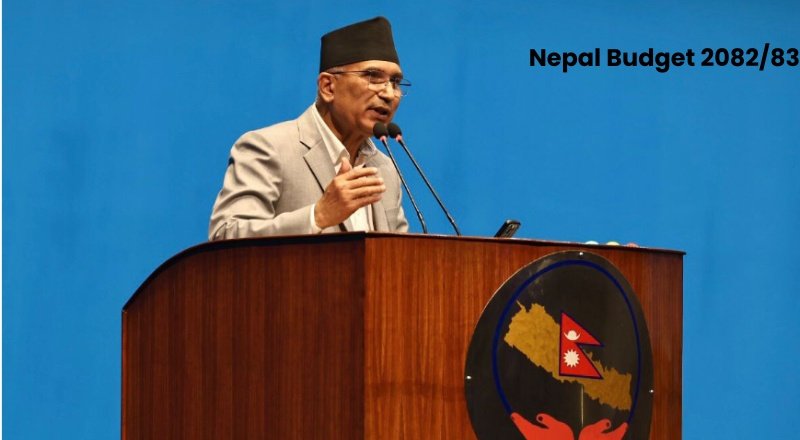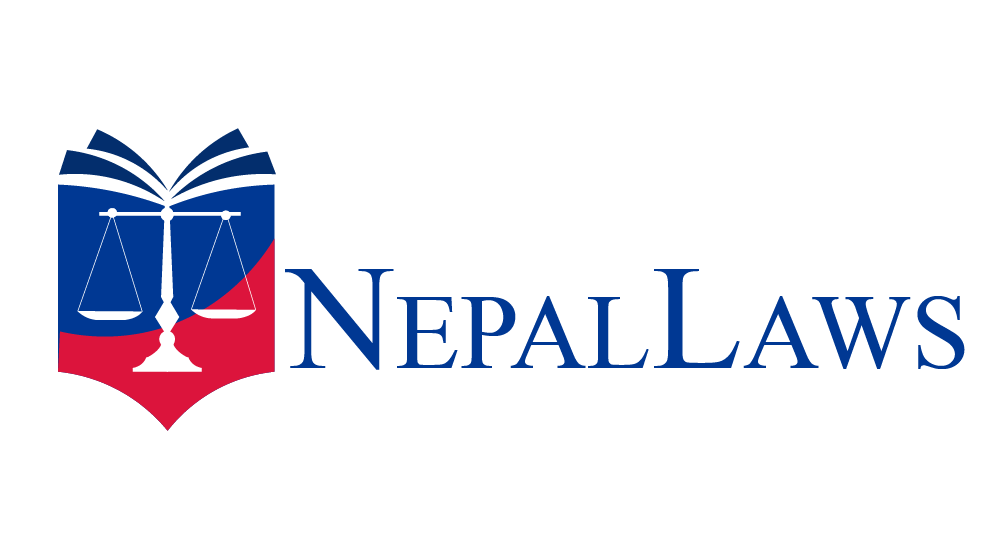In Nepal, Jestha 15 is a public holiday, marking the auspicious occasion of Democracy Day. The Nepal budget for 2082/83 is prepared by the Inland Revenue Department (IRD) and the Parliament of Nepal.
For many, the word “budget” might sound boring or complicated. You think it is only for finance experts, government officials, or people working at the Inland Revenue Department (IRD). However, the truth is that Nepal’s budget affects all of us, whether we realise it or not.
Every year on Jestha 15, the finance minister stands up in the Nepalese Parliament and delivers a lengthy speech. But it is more than just a tradition. It is the government’s official financial plan for the year, a roadmap that explains how the government plans to collect money (through taxes) and how it will allocate the funds.
The Nepal budget, officially called the Annual Fiscal Budget, is the government’s financial plan for the year. It explains how much money the country expects to earn through taxes, and to a lesser extent, through foreign aid and loans. It also outlines where that money will be spent, whether on schools, hospitals, roads, the military, or new areas such as digital technology.
Why Does Nepal Need a Budget?
Nepal’s fiscal year starts in Shrawan (mid-July), and the budget covers a full year from then. Nepal cannot spend endlessly, so the government must make choices, and those choices are reflected in the budget.
It is also a way to keep things transparent (at least in theory) since the budget must be presented to and discussed in the Parliament of Nepal.
Here is why the budget is so important:
- It allocates money across sectors – some get more, some less.
- It sets tax policies – tax rates may rise or fall, new taxes might be introduced, or some groups may get exemptions.
- It sends signals to investors, banks, businesses, and even foreign governments about Nepal’s priorities.
- It guides national development, indicating whether Nepal is focusing on areas such as agriculture, hydropower, tourism, or technology.
How Much Is Spending in the 2082/83 Nepal Budget?
The Government of Nepal has unveiled a total budget of Rs 1.96411 trillion for the Fiscal Year 2082/83, to promote economic recovery and development through a balanced and strategic use of public funds.
While presenting the budget in the Federal Parliament, Finance Minister Bishnu Prasad Paudel shared the detailed allocation. Out of the total budget, Rs 1.18 trillion has been allocated for recurrent expenditure.
It covers regular government operations, including salaries and administrative costs. Meanwhile, Rs 407 billion is allocated for capital expenditure, with a focus on development projects such as roads, hospitals, and infrastructure.
An additional Rs 375.24 billion will be allocated towards fiscal management, which includes repaying public debts and managing government liabilities.

What Are the Key Tax Changes in Nepal Budget 2082/83?
With the announcement of the 2082/83 budget, Finance Minister Bishnu Prasad Paudel introduced several major changes to Nepal’s tax system.
Here is a quick summary of what is new:
- Higher Taxes on Cigarettes and Alcohol – The government has increased taxes on tobacco and alcohol products to reduce their consumption and generate additional revenue.
- Tax Exemptions for Startups – New businesses and startups will receive tax breaks to encourage innovation and facilitate easier market entry.
- Support for Women Entrepreneurs – Women looking to start or run a business will benefit from simplified processes and extra support.
- Information Technology Services – Information technology (IT) service exporters in Nepal will receive a 75% income tax exemption under the 2082/83 budget.
- Possible New Multi-Rate Tax System – A study is underway to explore the implementation of different tax rates for several types of goods and services in the future.
What Are the Key Tax and Revenue Reforms in Nepal Budget 2082/83?
The government has proposed several reforms in tax laws to keep pace with international standards and new business models.
Key tax laws such as VAT, income tax, and excise duties will be reviewed, and a study will be conducted to explore the feasibility of a multi-rate VAT system.
The subject-specific laws related to non-tax revenue will be updated to ensure they are timely and practical.
The subject-specific laws related to non-tax revenue will be updated to ensure they are timely and practical.
The 2082/83 budget fully exempts taxes on machines used for producing organic fertiliser. It also removes advance income tax on food, legumes, and fruits.
Additionally, the scope of the health risk tax has been expanded to include more products, aiming to promote public health and generate revenue.
1. Tax Law Reforms
The government will review VAT, income tax, and excise laws to ensure they align with global standards. It will also examine the application of different VAT rates to various goods and services. Non-tax revenue laws will be updated to make them more relevant and timely.
2. Support for Industries and Startups
Nepal’s 2082/83 budget offers major tax reliefs to boost innovation and sustainability. Startups with an annual turnover of up to NPR 10 crore are eligible for a 5-year income tax exemption.
- IT service exporters will pay just 5% tax, and IT companies now enjoy the same benefits as special industries.
- Customs duties are reduced to 1% or fully exempted on tunnel boring machines, eco-friendly and development-focused items, such as electric vehicle (EV) chargers, solar and wind batteries, organic fertiliser machines, and sports infrastructure goods.
- Green hydrogen projects get a 6-year tax holiday, including full tax exemption on machinery and 5 years of income tax relief. Tax discounts also apply to replacing vehicles over 20 years old, provided that past taxes have been paid.
3. Taxpayer Incentives and Simplification
The 2082/83 budget introduces several tax relief measures to support businesses and consumers. VAT and excise defaulters who clear their dues can now get waivers on penalties and interest.
Similar relief is available for international airlines and those who have not filed income tax returns. Digital payment services are now VAT-free, and basic food items are exempt from advance tax at customs. VAT has also been waived on hearing aids.
The customs declaration limit for personal imports has been raised to USD 5,000, and the NPR 16 lakh price cap on tax-exempt ambulances has been removed.
Conclusion
The Nepal Budget 2082/83 outlines a strategic roadmap for economic recovery and inclusive growth. With a total outlay of Rs 1.96 trillion, it prioritises infrastructure, innovation, and tax reforms. Key highlights include tax exemptions for startups, support for women entrepreneurs, green incentives, and simplified procedures for taxpayers.
The roles of IRD and Parliament are central, ensuring the budget is both technically sound and democratically accountable. Whether you are a business owner, investor, or everyday citizen, this budget impacts you through what you pay, what you save, and what services the government delivers.




